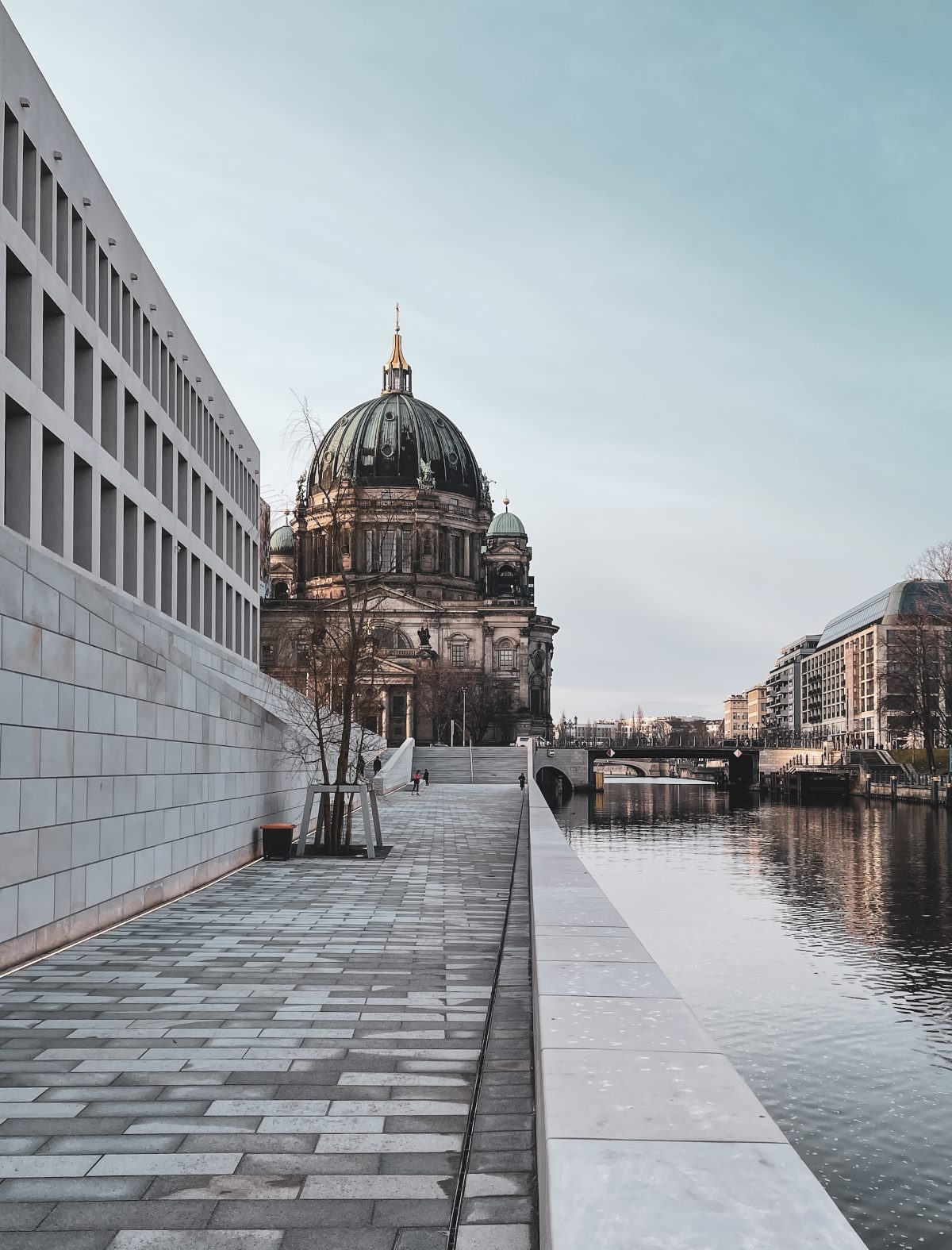Berlin, the vibrant capital city of Germany, is known for its rich history, diverse culture, and thriving arts scene. Among the many cultural institutions, the Maxim Gorki Theatre stands out as a true gem. In this blog post, we will delve into the wonders of the Maxim Gorki Theatre, exploring its history, significance, and the experiences it offers to visitors and theater lovers alike.
A Brief History
The Maxim Gorki Theatre, originally named the Deutsches Theater, was established in 1952 with a mission to promote the Soviet Union’s cultural influence in East Germany. However, in 1992, the theater was named after the prominent Russian and Soviet writer, Maxim Gorki. Since then, it has become known for its contemporary interpretations of classic plays, innovative productions, and its dedication to exploring socially relevant themes.
Engaging Productions
The Maxim Gorki Theatre offers a diverse range of productions that captivate audiences with their artistic approach and thought-provoking themes. From contemporary adaptations of literary classics to modern works by emerging playwrights, there is something to suit every taste. The theater’s productions often challenge societal norms and shed light on pressing issues such as globalization, migration, and identity.
One of the notable productions by the Maxim Gorki Theatre is “Common Ground: Ein Stück Erde” (A Piece of Earth). This play explores the experiences of immigrants and refugees in Germany, offering a unique perspective on their struggles and aspirations. Through powerful storytelling and compelling performances, the theater aims to foster empathy and understanding among its audience members.
Inclusive and Diverse
The Maxim Gorki Theatre takes pride in its commitment to inclusivity and diversity. It actively strives to represent a wide range of voices and perspectives by casting actors from diverse backgrounds and exploring stories that reflect the multicultural fabric of society. The theater’s productions often incorporate multiple languages, enabling non-German speakers to engage with the performances through subtitles or simultaneous translation.
- Societal Relevance: The Maxim Gorki Theatre consistently addresses topical societal issues, sparking important conversations and encouraging reflection.
- Cultural Exchange: Through collaborations with international artists and theater companies, the theater promotes cultural exchange and stimulates creativity.
- Accessibility: The theater offers various accessibility options, including audio descriptions and performances with sign language interpretation.
A Welcoming Venue
In addition to its exceptional productions, the Maxim Gorki Theatre provides a welcoming atmosphere for visitors. The theater building, located in the heart of Berlin’s city center, is a masterpiece of architectural design. Its modern, spacious interior and comfortable seating ensure an enjoyable experience for everyone. The venue is well-equipped with state-of-the-art technology that enhances the visual and auditory aspects of each performance.
Tips for Visiting
If you’re planning a visit to the Maxim Gorki Theatre, here are some tips to enhance your experience:
- Book your tickets in advance as popular productions often sell out quickly.
- Check the theater’s website or social media channels for updates on upcoming performances and special events.
- Consider attending a post-show discussion or workshop to gain deeper insights into the production.
- Arrive early to explore the theater’s facilities and take in the atmosphere.
In conclusion, the Maxim Gorki Theatre is much more than a theater. It is a cultural institution that challenges norms, celebrates diversity, and offers thought-provoking experiences to its audience. Whether you are a theater enthusiast or simply seeking a memorable cultural experience in Berlin, a visit to the Maxim Gorki Theatre is sure to leave you inspired and enriched.






Leave a Reply